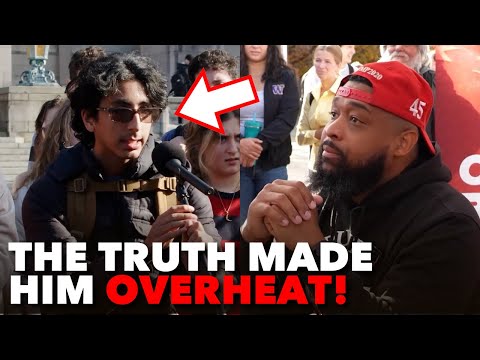The events that took place on January 6, 2021, remain a contentious topic, simmering with emotions, accusations, and contrasting narratives. For many Americans, the primary question that continues to arise is whether former President Donald Trump incited an insurrection against the government. The media and leftist politicians have consistently claimed that Donald Trump should bear the blame for the unruly mob that stormed the Capitol, but a closer examination of the facts reveals contradictions in this narrative.
It is crucial to recognize that a significant portion of those who gathered for the rally that day were there to protest perceived election irregularities. The belief that the 2020 election was stolen is not merely a fringe opinion; it is one shared by millions of citizens across the country, including many Republican officials. The narrative pushed by Democrats implies a direct and sole responsibility of Trump in the chaos that ensued. However, this claim is built on shaky foundations.
When supporters describe their reasons for being there, they cite their frustrations regarding the integrity of the electoral process. The idea that the election was compromised resonates with those who see anomalies in how votes were counted and reported. November 2020 was unprecedented, with numerous reports of irregularities coming from battleground states — a point often overlooked in mainstream discussions. Yet, accusations of insurrection reduce a complex situation to a singular point of blame, serving a political agenda rather than a genuine pursuit of truth.
While a small subset of people did enter the Capitol, the majority remained peaceful, highlighting that only a fraction of the gathered crowd engaged in violence. Those who broke into the Capitol and clashed with law enforcement did cross the line, and they should face justice. However, to hold Trump solely accountable for their actions is an oversimplification that disregards personal responsibility. After all, when individuals act out of bounds, they alone should bear the consequences of their decisions.
The narrative shifts when examining Trump’s own actions during the events. Critics often point to a three-hour period in which he didn’t respond to the violence. However, it’s essential to understand that he also called for people to march peacefully and patriotically. The assertion that Trump’s mere rhetoric constitutes incitement is a troubling precedent, as it raises dangerous questions about freedom of speech and expression. The line between encouragement and incitement grows increasingly blurry when examined through a partisan lens.
As the dust settles on these events, the focus should shift to the larger issues at hand: the integrity of the electoral process, the rights of citizens to voice their concerns peacefully, and the importance of maintaining law and order. While the chaos of January 6 was indeed regrettable, those seeking to assign blame must consider the nuances of the events. The American people deserve an honest reckoning, rather than a scapegoating that serves to deflect from genuine discussions about accountability, truth, and the core values that define this nation.



